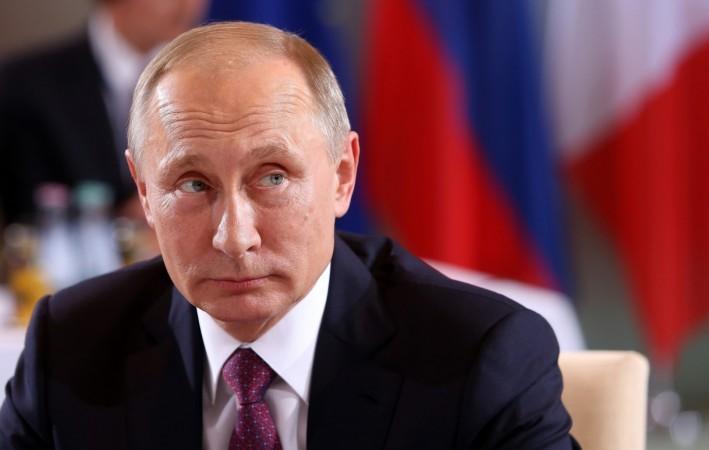
The Russian embassy in the Syrian city of Damascus was hit with shells twice on Wednesday, the nation's foreign ministry said.
The Russian foreign ministry announced the attack in a statement saying that the shelling on the diplomatic building was a "provocation" to derail the ongoing peace settlement process in Syria. The statement said that the two shell attacks occurred within a span of 20 minutes.
Also read: Syrian Civil War: Assad government regains full control of Aleppo
The ministry said, "This new provocation by extremists opposing the peaceful settlement in Syria as the confirmation of their intention to continue sowing terror and violence."
Reports stated that a shell hit the inner yard of the embassy complex while another one landed near the diplomatic mission. De-mining specialists are reportedly working in the affected area, according to the Independent.
The ministry also added that there is a threat to the Russians in the region and that the attacks bring the focus on the need of "prompt evacuation" of extremists in the region. Russia has also called upon international communities to condemn the attack.
The incident comes a few days after Andrei Karlov, the Russian ambassador to Turkey, was shot dead by a former Turkey police officer who cited the Aleppo violence as the reason. The gunman was heard shouting, "Don't forget Aleppo, don't forget Syria," during the deadly attack at the Russian envoy near the Center for Contemporary Arts last week. Other reports state that the gunman shouted, "We die in Aleppo, you die here and don't forget about Aleppo, don't forget about Syria, Allahu Akbar...," according to Sputnik news.
Russian President Vladimir Putin also spoke to his Turkish counterpart Recep Tayyip Erdogan after the attack. During their conversation, Putin was briefed about the shooting. The Russian president said that the attack in Ankara was a "provocation," which was aimed at spoiling the Russia-Turkey bilateral ties and postponing Moscow's attempt to find solutions for the Syrian crisis, Reuters reported.









